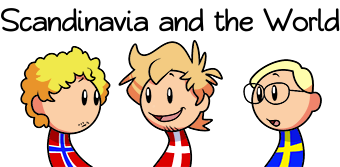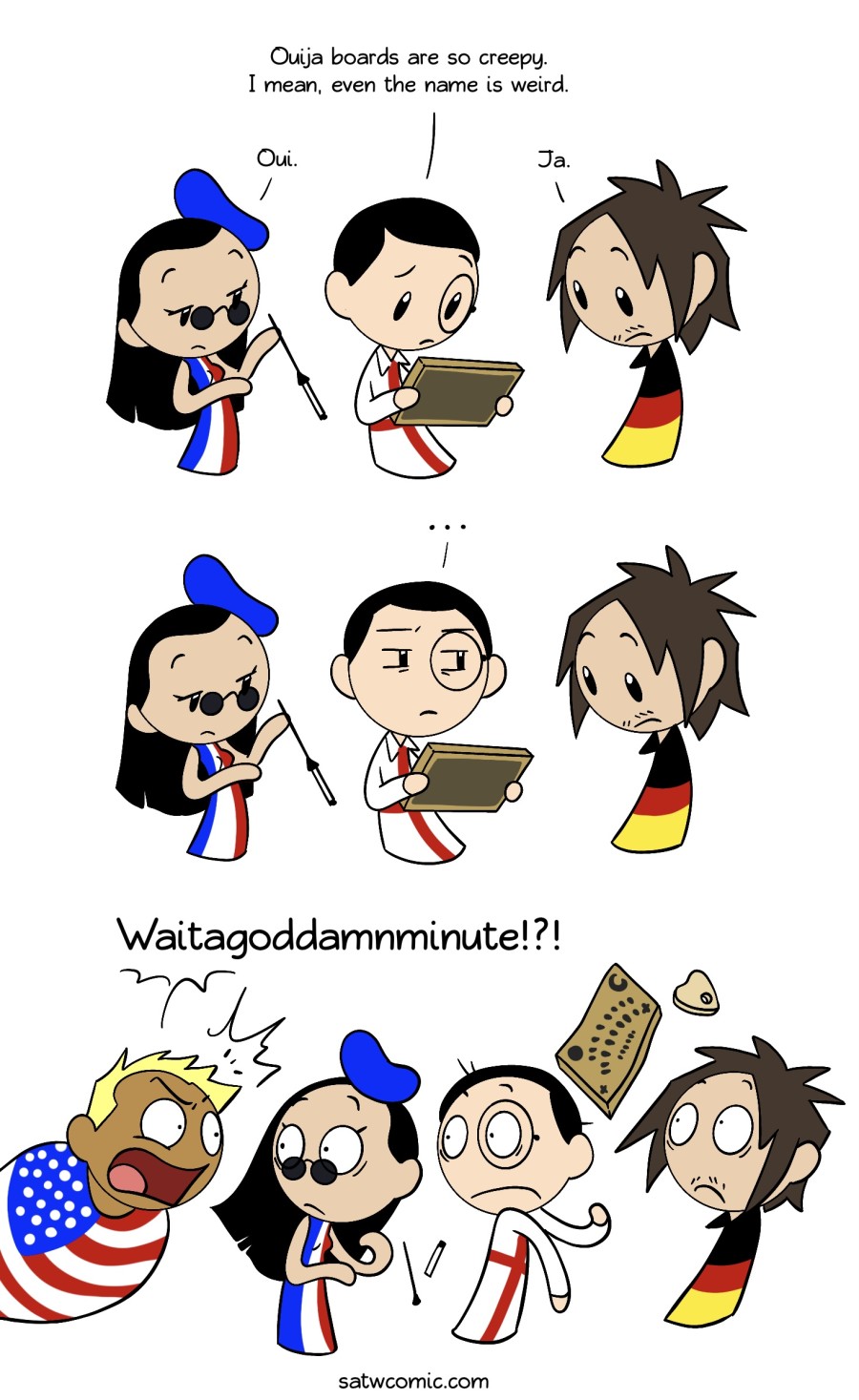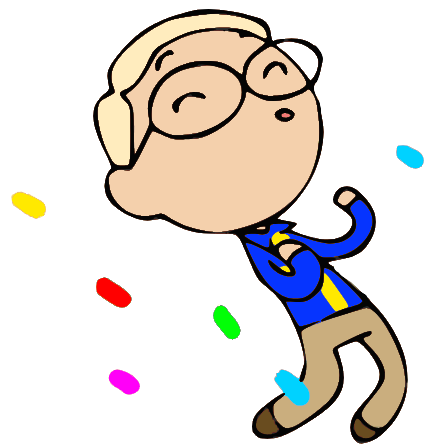FrankHarr



3 years ago #9878765
5
0
That was makes it the perfect game for Belgians.
3 years ago #9878720
4
1
It's a bit of a tradition for everyone to think it's pronounced "wee-jee" but learn it's actually "wee-yah".
But we need to unite against the real linguistic monsters; people who mispronounce "aluminium" as "aluminum"; it's an element isolated in the 19th century, it's a metal, so it should end with "-ium".
But we need to unite against the real linguistic monsters; people who mispronounce "aluminium" as "aluminum"; it's an element isolated in the 19th century, it's a metal, so it should end with "-ium".
3 years ago #9878841
3
0
@CorruptUser It was originally called "Alumium", but people asked for the name to be changed to something more latin. So, the inventor first changed it to "Aluminum". It was later changed again to "Aluminium". America decided to go with the first correction, while Europe chose to accept the second.
Besides, what is wrong with Aluminum? Platinum, Lanthanum, and Molybdenum already exist, and you guys aren't fighting to shove an "ium" on those. And, you aren't calling for adding "ium" to Iron, Cobalt, Nickel, et al.
Besides, what is wrong with Aluminum? Platinum, Lanthanum, and Molybdenum already exist, and you guys aren't fighting to shove an "ium" on those. And, you aren't calling for adding "ium" to Iron, Cobalt, Nickel, et al.
2 years ago #9880115
2
0
I find it funny how people get so serious about Ouija™, when it's a trademarked Hasbro board game... =)
2 years ago #9879041
2
1
Funny, but no. The board was an American invention created to speed up fake messages from fake ghosts (because waiting for spirits to knock out a message in what I can only assume is some method of Abrahamic morse code was taking too long). The word has no appropriate pronunciation because a sister-in-law of the one of the creators asked the board what to name itself and ouija is what it "spelled" out. Behold, the world's first personalized pronoun.
Add comment: Please Sign in or create an accout to comment.




 Support the comic on
Support the comic on 



































